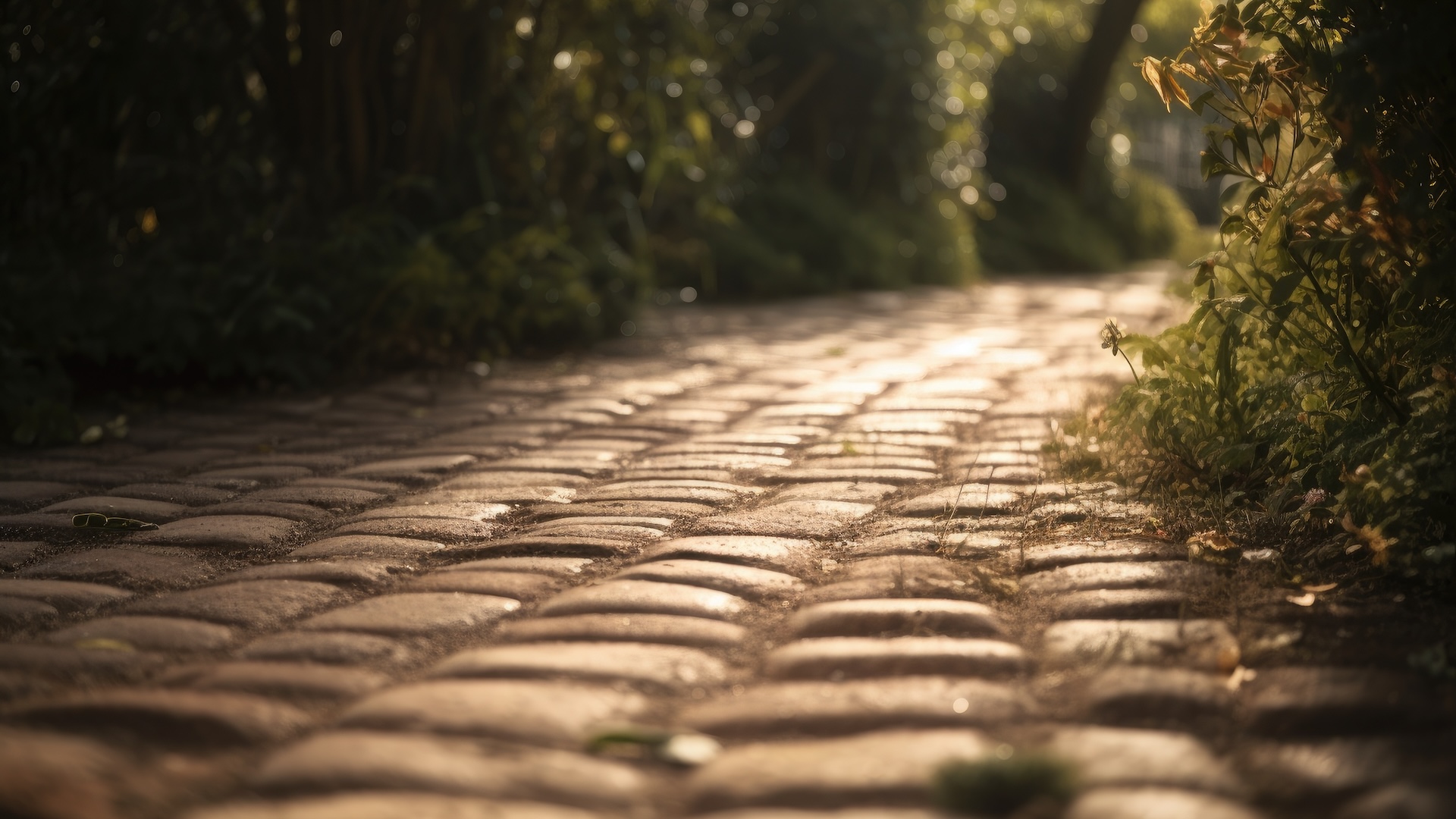It takes a long time for sinful instincts to become pure, for tendencies toward what is evil to be transformed into tendencies toward what is good, lovely, and pleasing to God. The man who quits drugs will still react when he catches a whiff and the woman who gave up alcoholism will still struggle when she takes a sip. You can be a Christian for many years and still find your heart instinctually swayed toward what you once loved and what once drew your heart.
This is why, I’m sure, the Bible often offers warnings like, “Do not envy the wicked” (Proverbs 24:1). The Bible would not bother to warn us of something that was not an actual temptation. Hence, we can be certain that we need this warning—we need to be warned that, unless we guard our hearts, we will be envious of others—even those who hate God. And not only that, we will be envious of them for the things that are permitted to them but withheld from us.
A man I once met along the way told me that he sometimes wishes he had sowed his wild oats while he was young. He had lived out his young adult years with a good measure of self-control, then settled into married life. He loves his wife and loves his family. But sometimes an inner voice whispers that he might be more fulfilled now if he had experimented more then—if he had dated more girls, slept with a few of them, and had a greater number of sexual experiences. It’s not that he wants to do any of that now, but that he feels a sense of envy that he will go to the grave without experiencing what so many others have. He looks toward the wicked with a sense of envy.
I have never been drunk but sometimes wonder what it’s like. After all, it certainly seems to be an enjoyable experience, at least until the next morning. Though I know the Bible says it’s wrong, I do sometimes wonder why they get to experience it and I don’t. I have never done drugs but have occasionally wished I could try it just once to experience what seems to be a rush that is not otherwise available. I have never played the lottery, but sometimes look wistfully at the photos of the winners with their oversized checks for countless millions of dollars. I know in theory that ill-gotten gains do not profit, but I still sometimes feel a sense of envy toward those who get to enjoy them.
Like that man I met along the way, like the young man to whom Proverbs is addressed, and like you (I presume), I am prone to envy the wicked. And to envy the wicked is to resent God—to fall into the age-old trap of believing that God is withholding something good from me, that I would be happier if he would allow me to enjoy what he forbids, to indulge in what he says is dangerous. My discontented heart is so easily swayed, so easily drawn from the right to the wrong. My heart so naturally believes that God is a foe rather than a friend, one who keeps me from joy instead of leading me toward it.
Yet in my better moments I am not resentful but thankful, for I know that God’s boundaries are good. I know that he permits me everything that will actually benefit me and denies me only what will actually harm me. I know that he withholds no good thing from those that he loves, but withholds only what would harm my body, scar my soul, undermine my relationships, and bring reproach upon his name. In my better moments I look toward the wicked with pity rather than envy, for I know there are always consequences to their indulgence and impending judgment for their wicked ways. “Walk in the ways of your heart and the sight of your eyes,” said the Sage. “But know that for all these things God will bring you into judgment” (Ecclesiastes 11:9). It is such a sobering thought, that.
I know that if I have missed out on a particular sin, I have not missed out on anything good, anything valuable, anything worthwhile.
And so I know that if I have missed out on a particular sin, I have not missed out on anything good, anything valuable, anything worthwhile. I have certainly not missed out on anything that would satisfy me for longer than a moment or that would make me a better man, a better husband, a better father. And I am fully confident that from the vantage point of heaven I will never look back with the least regret, but instead with the greatest gratitude, thanking God that his boundaries were drawn in such pleasant places, that he made known to me the path of life, and that by his grace he kept me on it, even when my heart was so prone to wander, so prone to leave the God I love.










